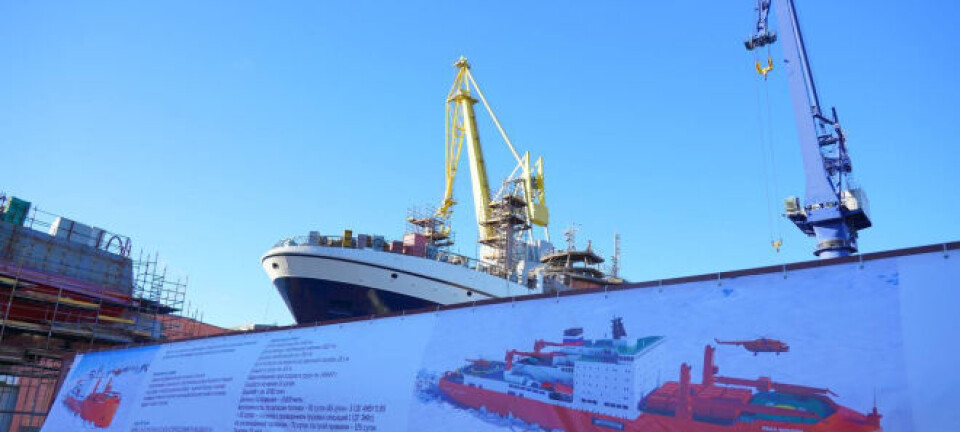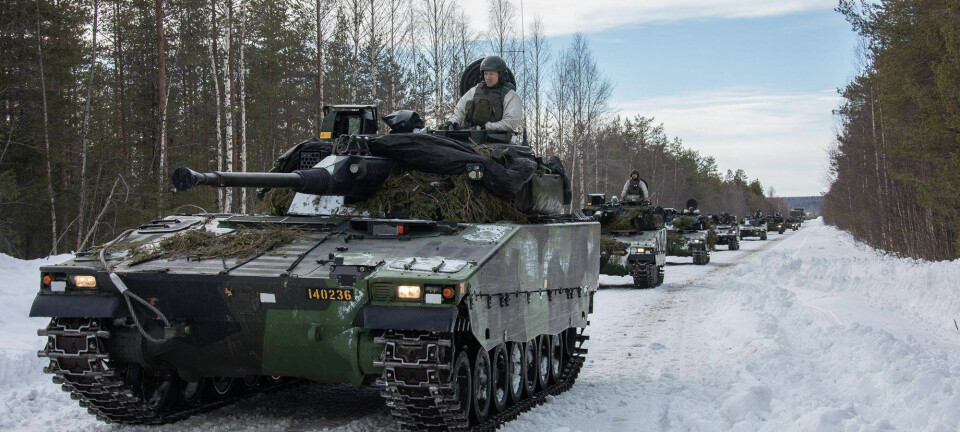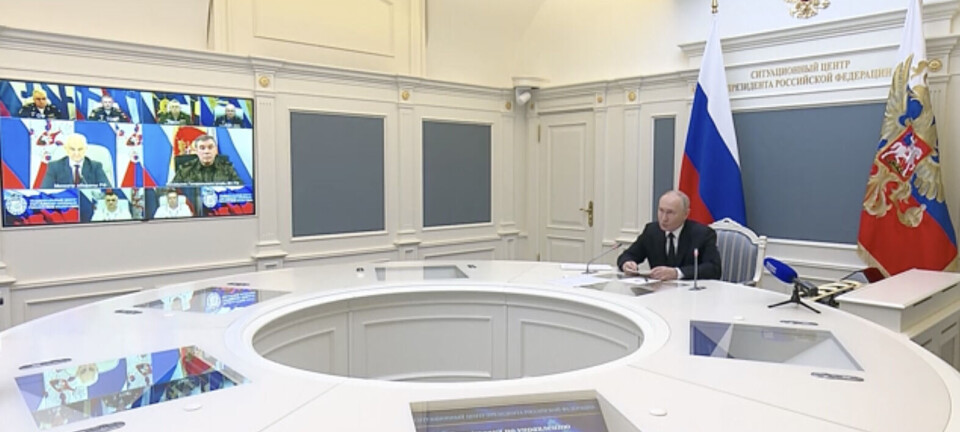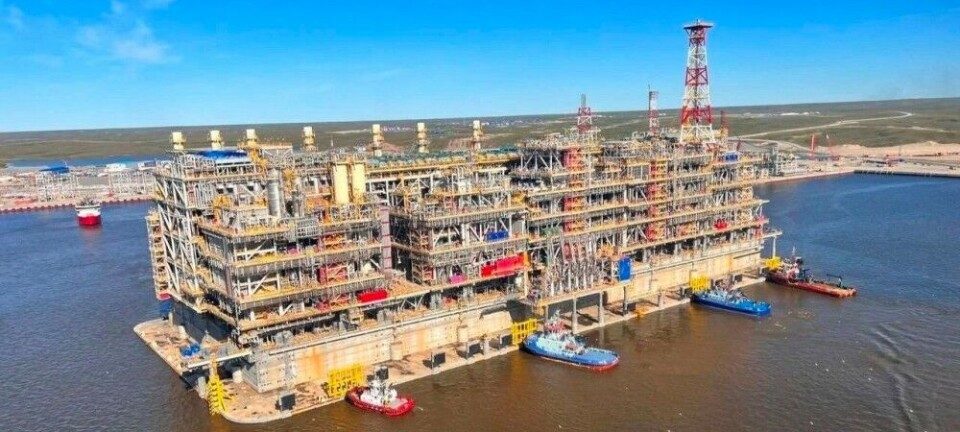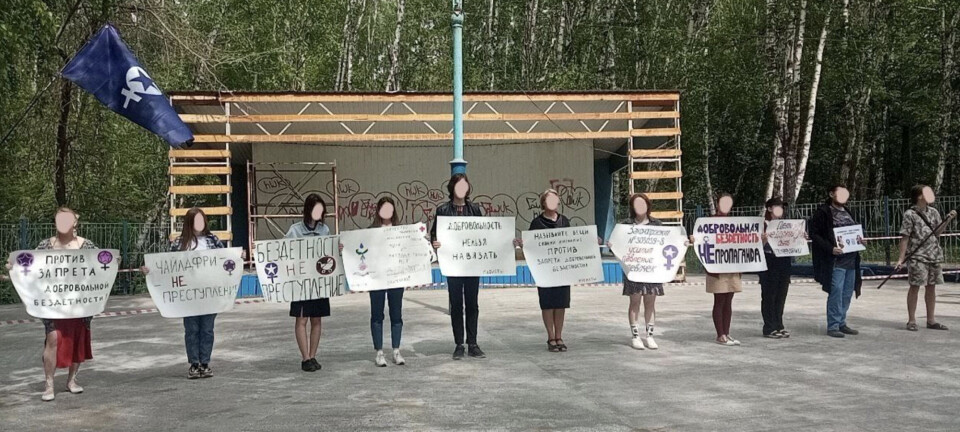Making Russian Arctic drilling more safe
Several Russian government institutions are involved in the elaboration of new legislation on environmental security on the shelf.
The fatale oil spill in the Mexico Gulf in 2010 was an eye-opener for Russian authorities, which currently face a number of new offshore projects on the country’s shelf, both in the Arctic, the Far East, the Black Sea and the Caspian Sea.
Several government institutions consequently started elaborating legislative initiatives on heightened security on the shelf. Both the State Duma, the Ministry of Natural Resources and the Federation Council are currently involved in different initiatives, which critics say will be in conflict with each other.
Read also: More control of Arctic shelf projects
According to The Moscow Times, the State Duma bill is based on a compromise between environmentalists and the major oil companies and resembles the U.S. Oil Pollution Act of 1990. The bill is expected to be distributed to Duma deputies by the end of March and includes the establishment of a contingency fund by the Russian oil companies.
Meanwhile, the Ministry of Natural Resources has drafted a rival bill which it intends to submit to government for review in the near future, before it is passed to the State Duma. This bill gives the oil companies the choice of using a bank guarantee, taking out insurance or creating their own contingency funds reflecting the scale and nature of their offshore work, the newspaper writes.
Critics now accuse the Natural Resource Ministry of attempting to water out the new legislation. The ministry’s bill does hardly include any reforms in the field, they argue. The State Duma bill on the other hand is developed in close cooperation with the WWF as well as oil industry interests.
Read also: Eco-insurance for Russian shelf projects
However, that is not all. Also the Federation Council, the upper chamber of the Russian Parliament is working on a set on legislative amendments. Round table sessions on the situation in all of Russia’s major ocean areas are being held by the council and the proposed new legislation will be voted on in a plenary session in late 2011, newspaper Rossiiskaya Gazeta reports.
A round table expert session on the Barents Sea has already been organized. In April a similar session will be held on the Far Eastern shelf, then sessions will be held on the Azov, Black Sea and Caspian shelves in fall, Chairman of the Council Committee on Natural Resources and Protection of the Environment Viktor Orlov told the newspaper.
Both environmentalists and the oil industry itself now fear that the conflicting legislation will not help strengthen environmental security, but the contrary – only lead to confusion and weakened standards.
Russia has offshore oil and gas activities off Sakhalin in the Sea of Okhotsk and in the Caspian Sea. The country’s first offshore field in the Arctic will be the Prirazlomnoye in the Pechora Sea, due to start production in 2012.

